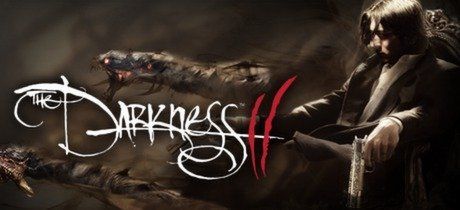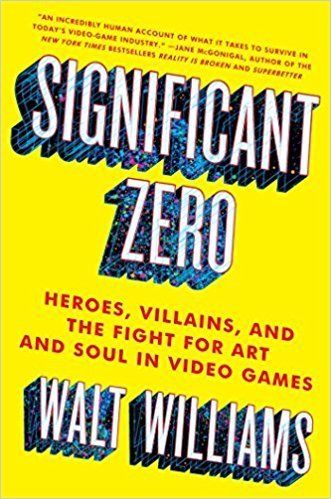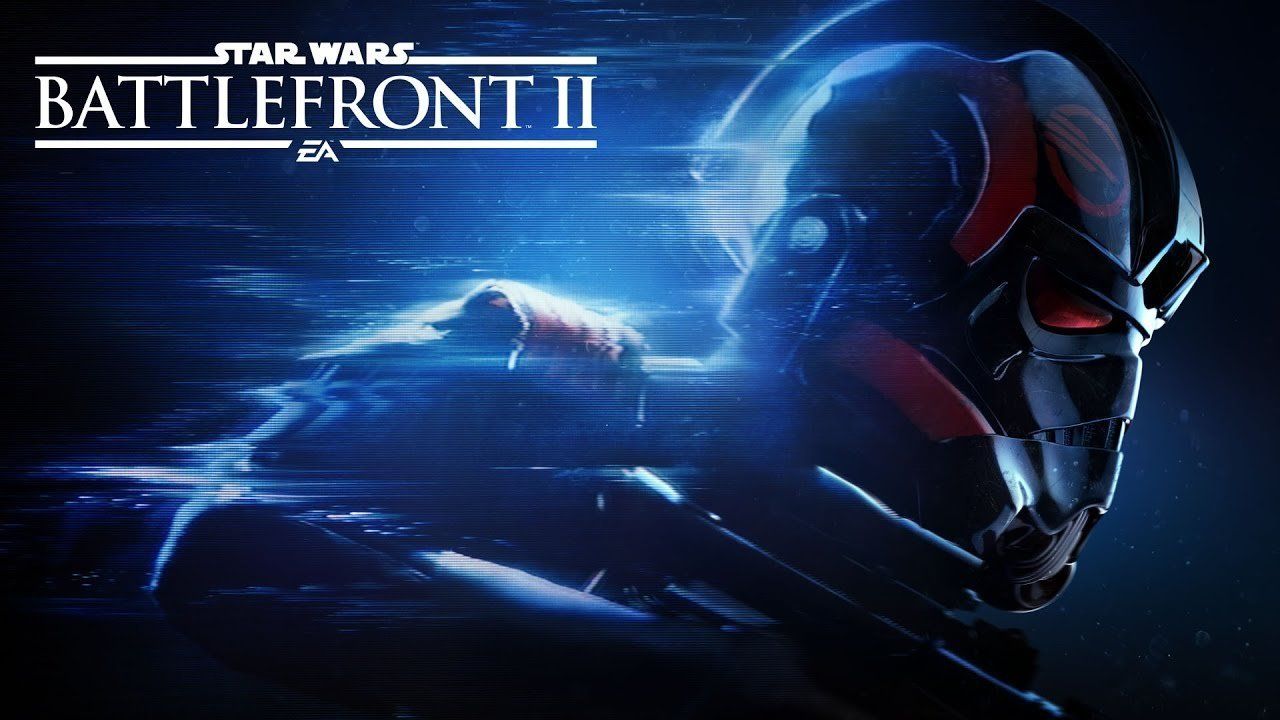Interview: Walt Williams
- By zach McAllister
- •
- 02 Oct, 2017
- •

ME: You’ve written for games such as BioShock, The Darkness, Mafia, and Spec Ops. What is your creative process when you sit down and start to write for a game?
WW: The first thing I do is zero-in on the key emotion I want to inspire in the player. Then I find a song that inspires that emotion in me, and take a walk or a drive, and listen to that song on repeat, until I’ve fully written and choreographed a scene in my head. I’ll never write the scene, or put it in the game, but I’ll keep it in my mind as an emotional benchmark for the rest of the game. That benchmark could be inspiration for the game’s opening scene, ending, or some random point in the middle. After that, I fill in the main blanks – “How does my story reach that point?” and “Where can it go from there?” That gives me a rough emotional arc, which I then merge with the rough mission arc. From there, it’s just about writing a script that simultaneously serves the game design, mission structure, and emotional arc.
ME: Out of everything you’ve worked on, What would you say was your favorite project? What made it special to you?
WW: Working on The Darkness II was a blast. Staying up late with the other writers to come up with weird radio commercials harkened back to my time in college when my friends and I would write an entire newspaper worth of articles the night before publication. It was fun and frantic, and some of the most fun I’ve had writing a game.

ME: You’ve said on Twitter that all that’s left is to write for Doctor Who and Spiderman. Can we expect with the most recent reboot of the web slinging hero, that you’ll try to take a crack at it? What would that story be like?
WW: As much as I’d love to write Spider-Man, right now I’m happy to just be a fan. Between the comics and the new film, there are a ton of great stories out right now. I can’t wait to play Insomniac’s upcoming Spider-Man game. Maybe I’ll get a chance to write Spidey in a few years, but even if I don’t, I can’t complain.
ME: You have a new book that came out Two days ago, Plug away! What’s it about?
WW: It’s called Significant Zero: Heroes, Villains, and the Fight for Art & Soul in Games, and it’s about my time working in the game industry, working on games likeBioshock and Spec Ops: The Line. It’s a behind the scenes look at what it takes to make AAA games, both technically and creatively. If you’ve ever wanted a brutally honest look inside the game industry, Significant Zero is the book for you.

Me: Are there any future projects from you we can look forward to? Anything that’s not under a NDA?
WW: Star Wars Battlefront II is out November 17! I wrote the single-player campaign with my amazing co writer, Mitch Dyer. Check it out. I think you’re going to love it.

ME: What would you say the state of the Video Game industry is? Where do you see the industry as a whole headed in the near future?
WW: The state of the industry seems fine to me. Today’s gaming options are more diverse than ever before. Between AAA, indie, mobile, and VR, there are more games than anyone has time to play, and they run the gamut from big-budget blockbuster franchises to bare-bones personal experiences. As creators learn more, and grow bored of old design ideas, the games they make will only grow more diverse and interesting. That’s what I want – games that are unique to the people who made them, rather than reminiscent of games that came before. That doesn’t mean the old staples will vanish; they’ll always be around, in one way or another. People will continue to make and play the games they want, and that’s great.
ME: What's the strangest or funniest thing that’s happened to you while you were writing for a game?
WW: I still can’t believe that I do this for a living. Just the fact that I write games is strange and funny enough on its own. Nothing could top that.
ME: Lastly, what’s the biggest misconception people have about game writing or just writing as a career in general? What goes on behind the scenes that most people generally don’t know about?
WW: Writing a game does not mean you’re in charge of the game. It’s not like writing for film, TV, or the stage, where the script informs the rest of the production. Instead, you write the script at the same time as the game is being developed, and change your story to match the game’s design, which is constantly changing around you.